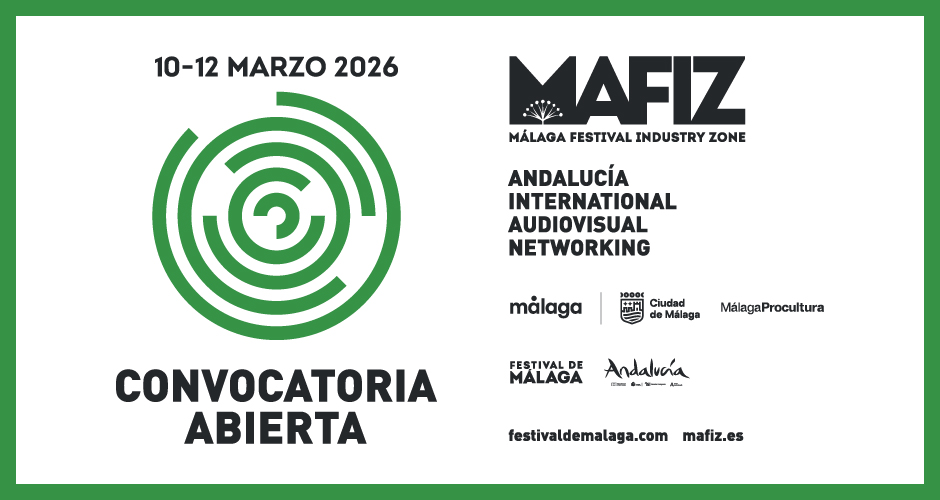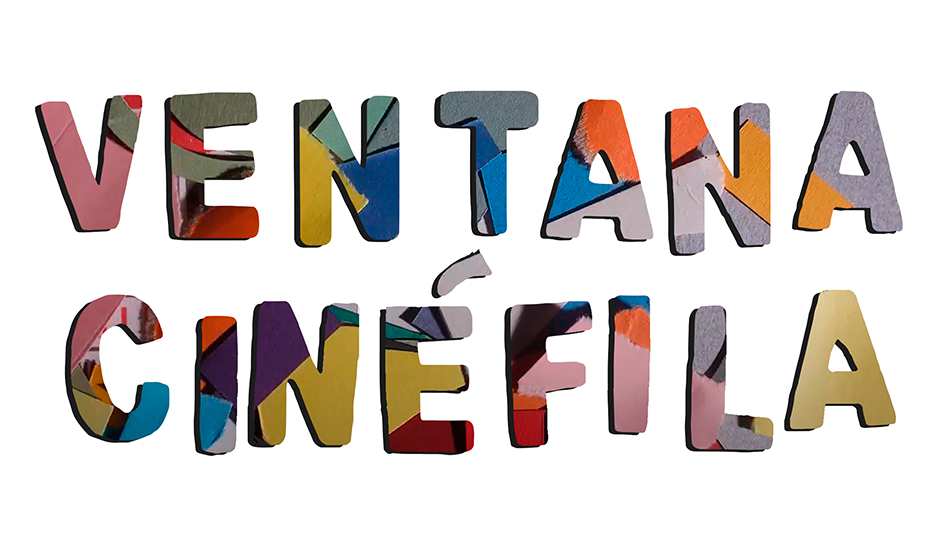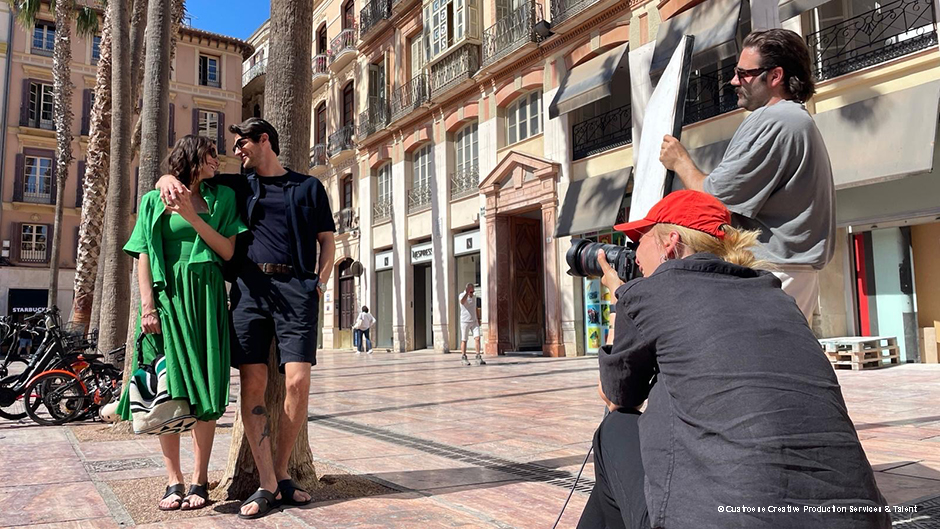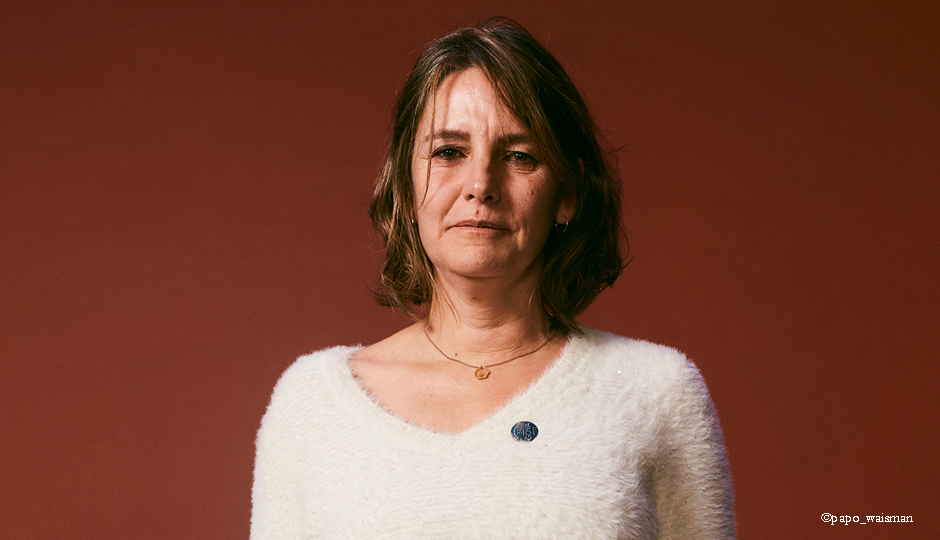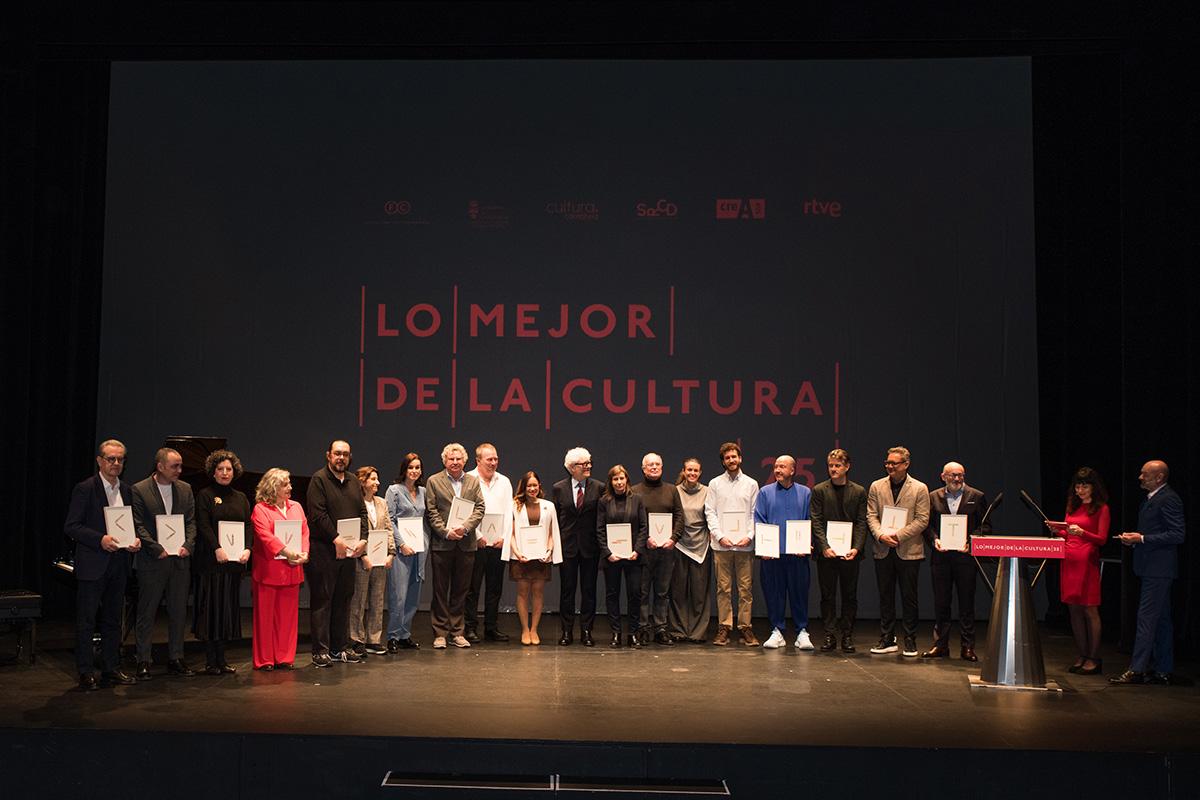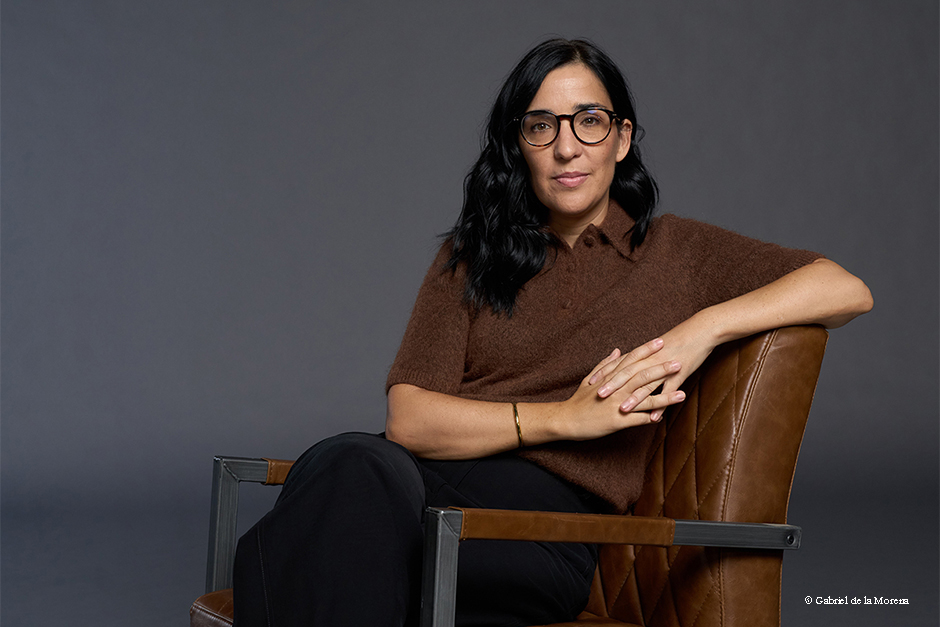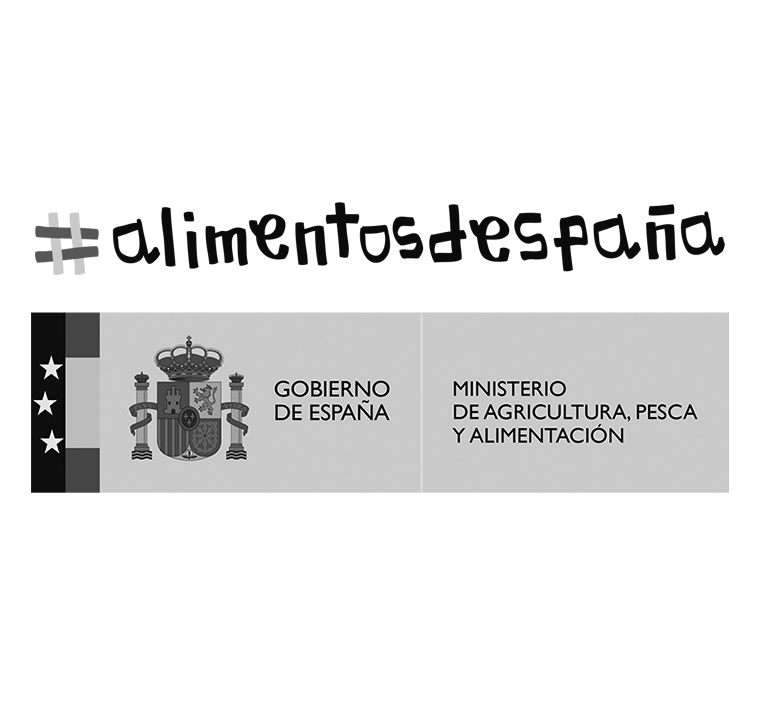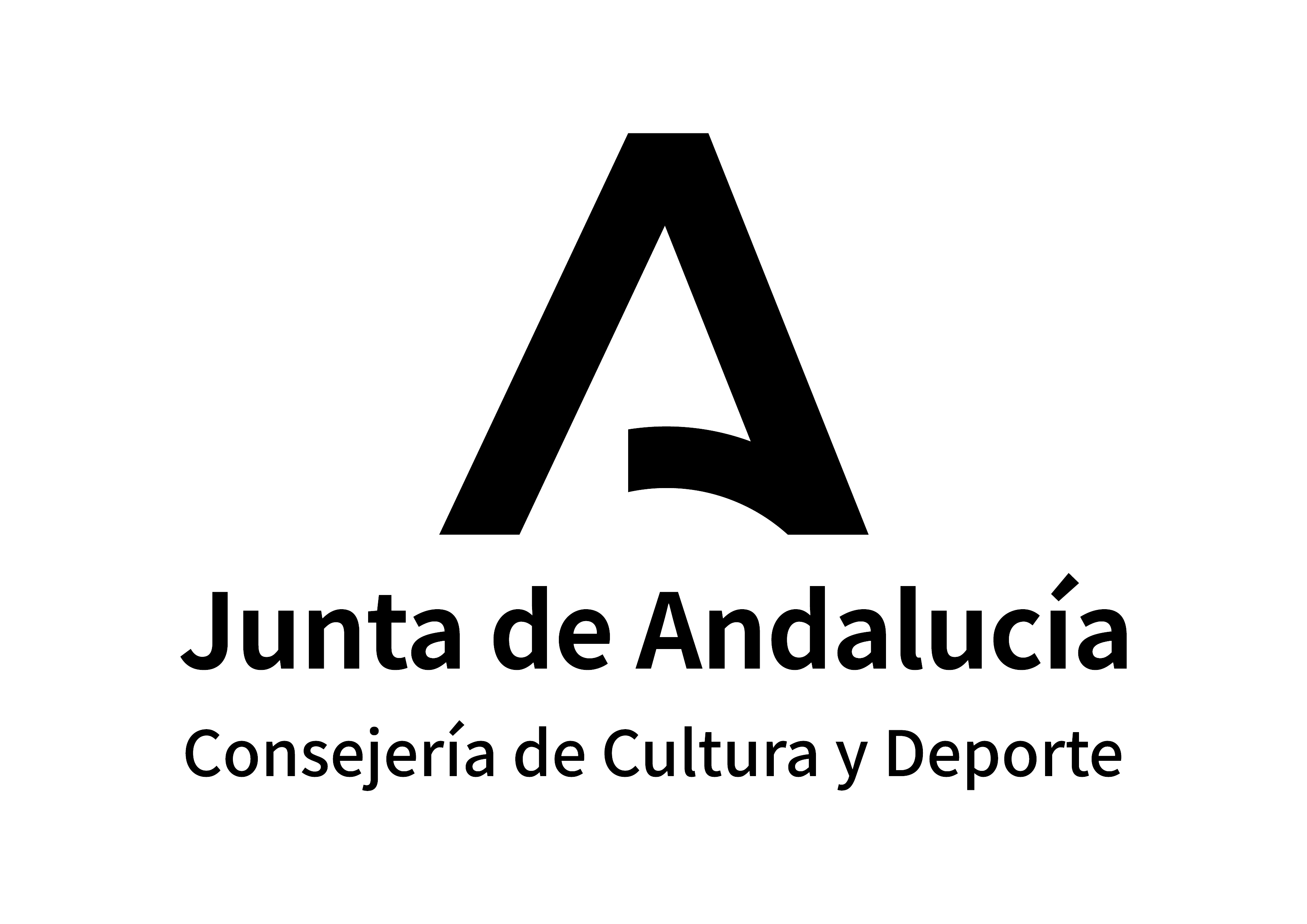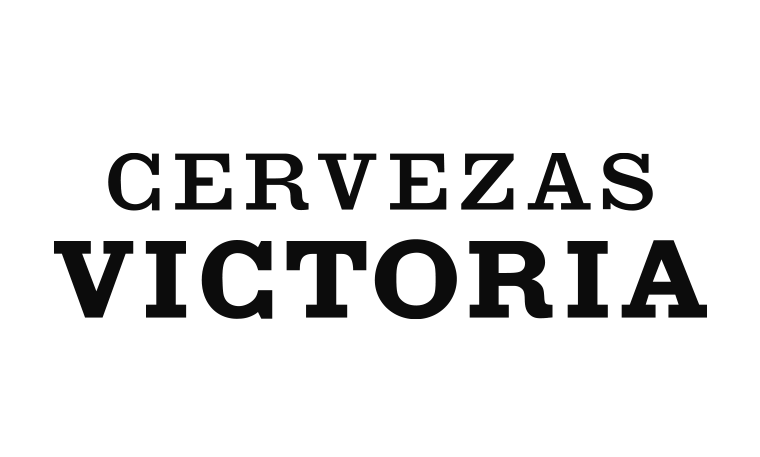Nadia Werba's documentaries return to the big screen with restorations by Spanish Film Library
Representatives of the cultural institution, the Association of Women Filmmakers and Audiovisual Media (CIMA) and the University Institute of Spanish Cinema of the Carlos III University of Madrid atte
The figure of Nadia Werba, an interdisciplinary artist of French origin, starred this Friday in a special session in which the four short documentary films that she shot in a period of just two years were screened: 'San Juan del toro' (1965), 'Maestros del Duende' (1966), 'Unos chicos, Unas chicas' (1966) and 'Catch' (1967). This aims to recover one of the most important cinema figures of the 60s.
The restoration of the documentaries was born from the collaboration between the Spanish Film Library, the Association of Women Filmmakers and Audiovisual Media (CIMA) and the University Institute of Spanish Cinema of the Carlos III University of Madrid. For this recovery work, the original materials have been scanned at 4K from the original negatives in all cases.
A research work has been highlighted by CIMA's director, Cristina Andreu, who explained that 'despite the fact that women have been doing things for years and years, they are erased from history and the case of Nadia Werba is a good example of this’. She added, 'Today it is possible to make that figure visible thanks to the collaboration of people who are very interested in the recovery of memory.' For her part, the technical advisor of the Spanish Film Library, Concha Vilariño, has insisted on the restoration work and that 'it has been achieved, especially in 'San Juan del Toro', to return the original colour from when the documentary was screened' .
The meeting was also attended by Lucía Rodríguez, from the Carlos III University of Madrid, who got the process of highlighting the filmmaker going through her doctoral thesis: 'With this I intended to make a plea to encourage research resources to some audiovisual formats such as short films that have historically received less attention.' Likewise, Rodríguez defined Werba's work as 'the search for authenticity from a place of modernity'.
Werba's son and granddaughter, Marco and Gila, joined the event to talk about the filmmaker's role as a painter: 'Her art was abstract, however, with cinema she intended to show reality as it was'. A vision that Werba has passed on to her descendants, teaching them 'to look at the world differently, paying attention to every detail and the beauty of things'.
Share









